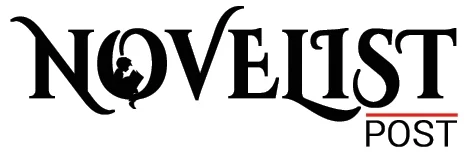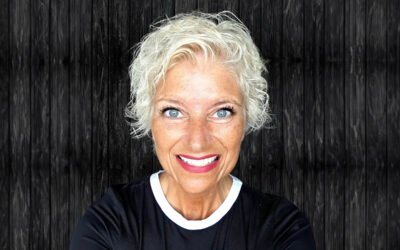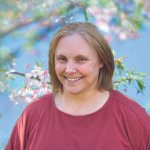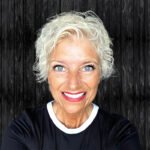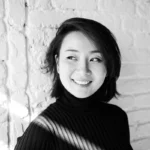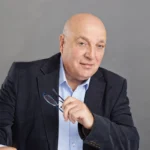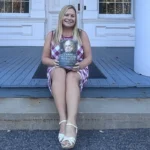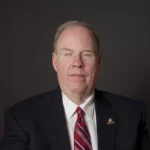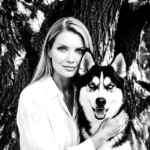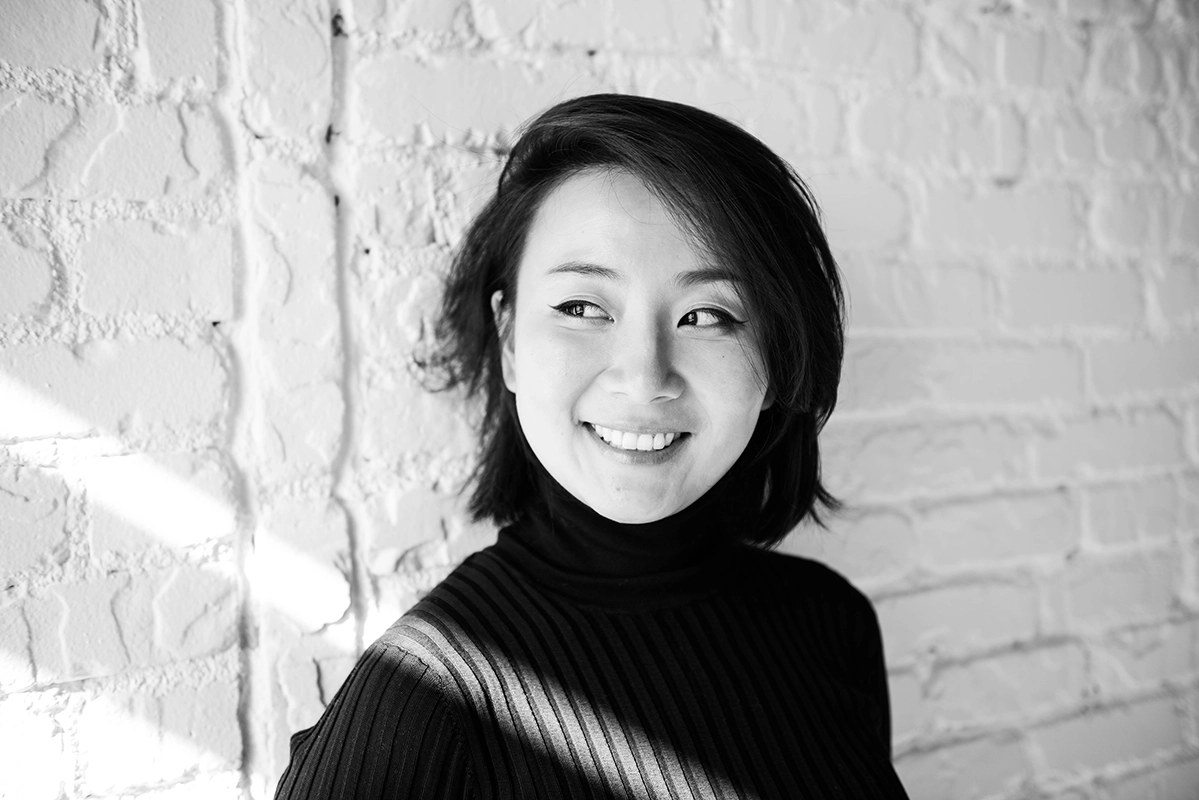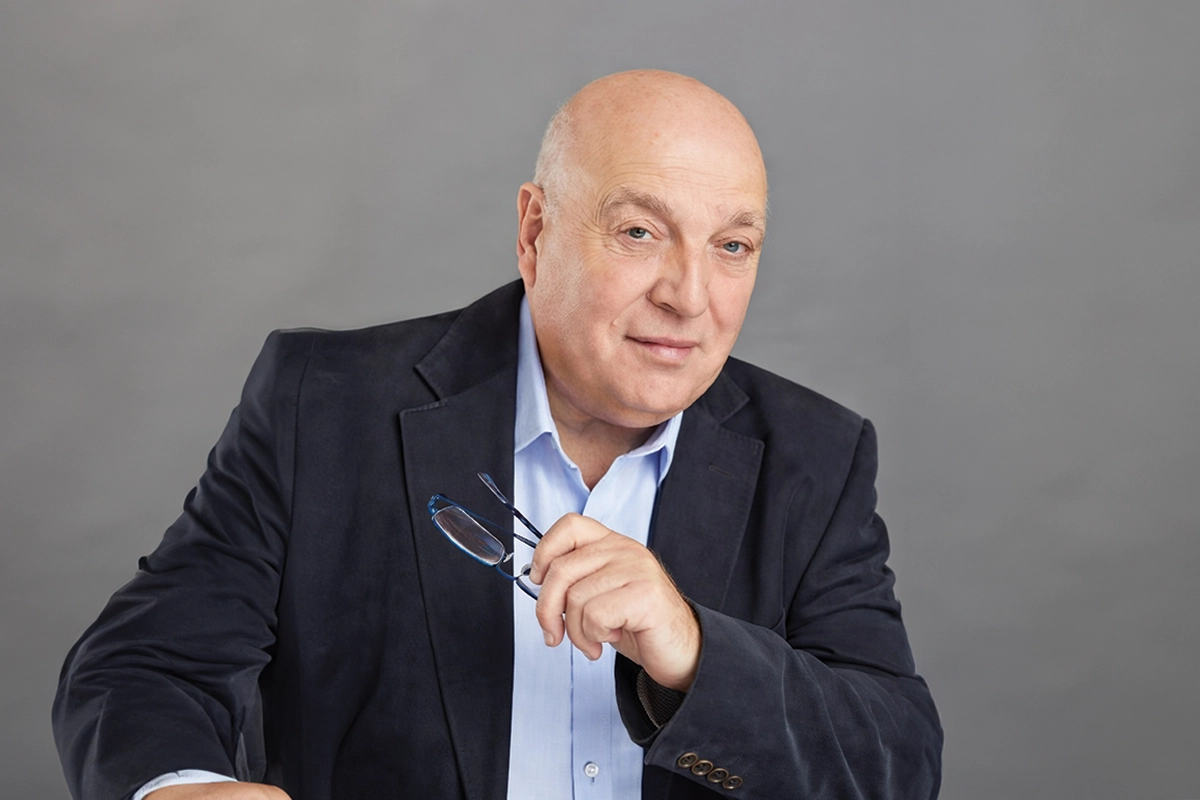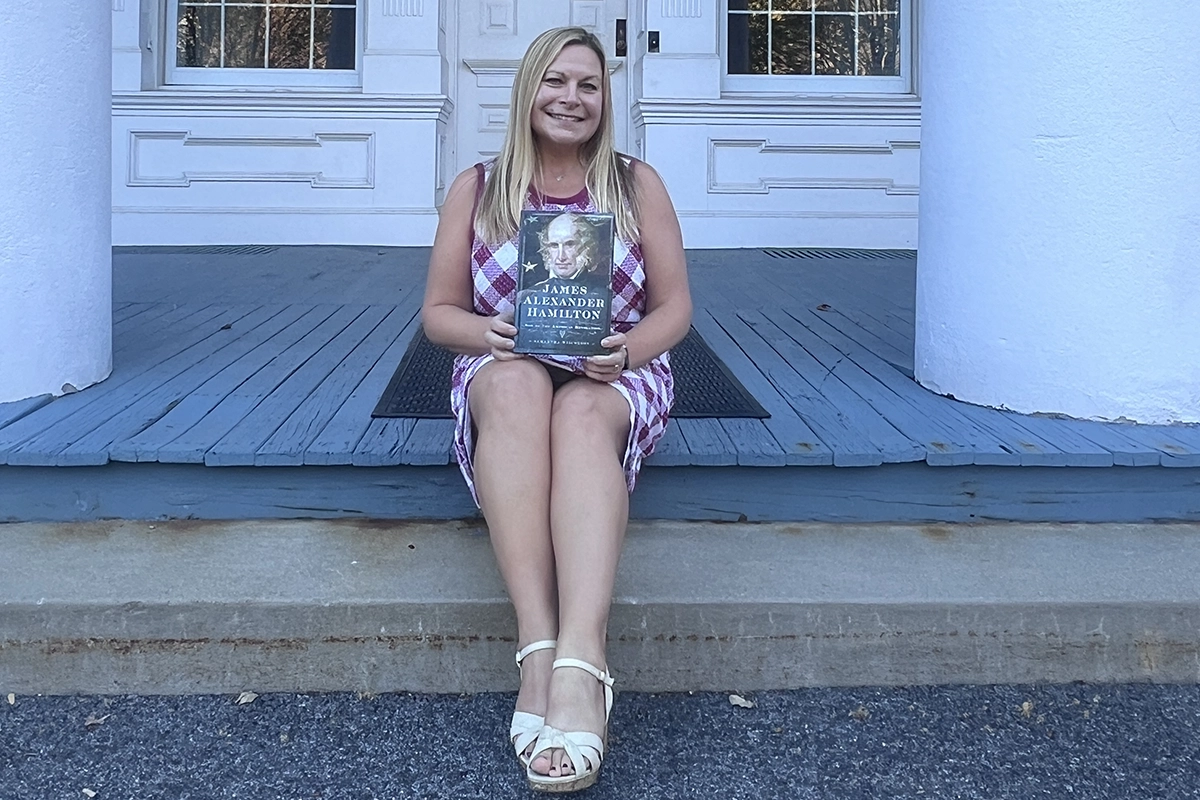Julie Young Shares the Stories Behind Her Books and the Passion That Drives Her Writing
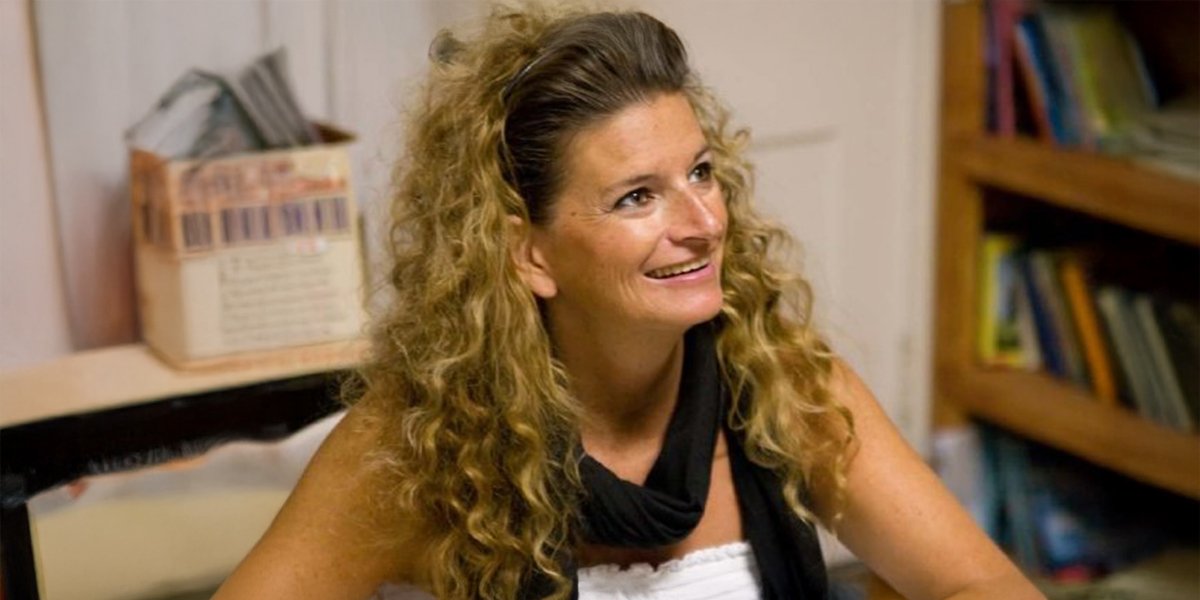
PHOTO: Author Julie Young brings history and humanity to life through her award-winning books and journalism. Credit: Joe Konz
Award-Winning Journalist Explores True Crime, History, and Creative Curiosity
Julie Young discusses her writing journey, from true crime to Catholicism, offering insight into her research methods, storytelling style, creative influences, and advice for aspiring authors navigating a diverse literary path.
Julie Young doesn’t just write books—she captures the pulse of people, places, and moments that might otherwise be forgotten. With a journalist’s eye for detail and a storyteller’s heart, she brings an unmistakable voice to every project she tackles, whether she’s unraveling the chilling mystery of The Burger Chef Murders in Indiana, delving into the lives of saints and superstars, or exploring the inner workings of ASMR in a way that is both insightful and accessible. Her work spans genres and audiences, yet maintains a consistent thread: a deep respect for her subjects and an undeniable gift for narrative.
Her versatility is remarkable. Few authors can move so seamlessly between local history, true crime, music culture, and spiritual inquiry, but Julie does it with grace and authority. She writes with purpose and compassion, honoring victims, celebrating icons, and educating readers without ever talking down to them. With an impressive career that includes contributions to CNN.com, the Associated Press, and a variety of beloved regional publications, Julie has proven herself not just as a reliable voice in journalism, but as a dynamic force in the world of nonfiction.
In this interview, she opens up about her writing process, creative inspirations, and the lessons she’s learned along the way. We’re proud to feature her in Novelist Post and invite you to discover—or rediscover—why Julie Young’s work continues to resonate with readers everywhere.
Julie Young is a fearless, multifaceted author whose compelling storytelling, journalistic rigor, and heart-driven narratives leave a lasting impact on every reader.
What initially drew you to the story of the Burger Chef murders, and what was the biggest challenge in writing about such a tragic event?
I was researching old newspaper articles for another book I was working on when I came across one of the earliest articles written on the case (prior to the victims being found.) I remembered that I read about the case over the years, but those were primarily “recap” articles and not pieces that were written as the case unfolded. The more I read, the more I knew there was a story to be told beyond the anniversary recap articles and I decided to write it.
As someone who has written both local history and true crime, how do you approach research differently for each genre?
I approach them the same way. I knew if the police couldn’t solve this case in 40 years, I would not be able to solve it in two, so I made the decision to tell the story from a historical perspective rather than a true crime tale. I made a deliberate decision not to go down any “rabbit holes” aside from the initial scramble of suspects to illustrate how the case was being covered at the time. And I tried not to assign blame to any entity involved in the case or to speculate as to who was responsible. I did not want to exploit the victims, their families, or the investigators.
“I write the book I want to read and like most readers, I have varied interests.” — Julie Young
How did your experience as a journalist with the Associated Press influence your style and method as a book author?
When it comes to writing non-fiction, facts matter and the AP is second to none when it comes to reporting the facts in a succinct manner so that helped me couch my commentary and do a clean job when it came to my writing.
What inspired you to co-author Idiot’s Guides on topics like Catholicism and ASMR, which seem very different from your local history work?
I write the book I want to read and like most readers, I have varied interests. It’s always fun to explore new subjects or tell old ones in a new way. Even non-fiction has an element of creativity and that’s what I enjoy about it.
Can you share a memorable reaction you’ve received from someone about your writing?
In 2023, I traveled to Key West, Florida to volunteer some time in Judy Blume’s bookstore. Blume was literally the author who caused me to fall in love with reading and through her books, she gave me a group of fictional friends I have had for life. I gave her a copy of The Burger Chef Murders and wrote her a letter telling her how much she meant to me as a reader (and now as a writer.) When we worked together, she told me that she had read my letter and could tell I was a writer from the way I had written it. Can you imagine getting such a compliment from your all-time favorite author like that? It was definitely a “pinch me” moment!
“The key is to provide color without bias commentary.” — Julie Young
How do you balance factual storytelling with engaging narrative, especially when covering sensitive topics like unsolved murders?
The key is to provide color without bias commentary. Whether it is fiction or non-fiction, you have to put your reader in the scene. You have to give them a reason to care about the people involved and allow them to get to know the victims/officers/family members so that they feel a connection to them as the story progresses.
Having written about figures like Saint Theodora Guerin and Michael Jackson, how do you adapt your writing voice to fit such diverse subjects?
No matter if you are talking about a Catholic saint or one of the biggest pop stars on Earth, there is an “otherworldly” quality to both and it’s my job to humanize them. You have to find the things that readers can relate to whether that is highlighting a Saint’s sarcasm or illustrating how a local boy became a legend and then let his career and addictions topple him.
What advice would you give to writers trying to get published in local and regional publications?
Local and regional publishers are one of the best ways to get started and to enjoy a long-term career. Everyone wants the big contract with the big publisher and a big advance, but these smaller, niche publishers are fantastic and your book will have a longer shelf life. Most importantly, be ready to work hard in order to promote your titles.
“Be ready to work harder than you ever have in your life. In the end, it’s worth it!” — Julie Young
As a musician and author, do you find that your creative pursuits overlap or influence each other in unexpected ways?
Jon Bon Jovi once said, “You have all the time in the world to write your first hit song, and no time at all to write your second.” I think that is true for authors as well. The night my first book was launched, everyone asked “What’s next?” And I found myself asking that same question. Until then, I didn’t realize how similar both industries were and now, I approach all of my writing as I would if I were recording an album. The genre may (or may not) be the same, but the content reflects where I am in my life and what I want to share with others.
What advice would you offer to aspiring authors who want to build a long-term, diverse writing career like yours?
Write the book you want to read and find a publisher who believes in your work and can help produce the book that others want to read. Learn all you can about the myths and realities of the publishing industry and be ready to work harder than you ever have in your life. In the end, it’s worth it!
